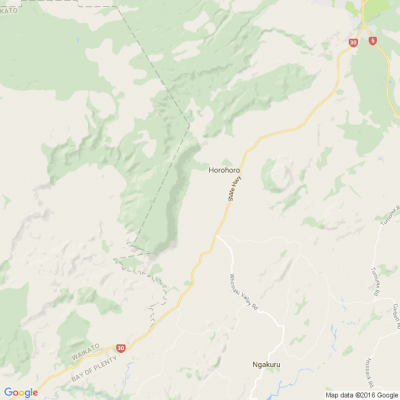
Know what’s happening
Access the private noticeboard for verified neighbours near you. Keep informed about any suspicious activity, send urgent updates to your neighbours when required and discuss emergency planning.
Get to know your neighbours
Browse the directory and start getting to know your neighbours. Don’t want to post to the whole neighbourhood? Send a private message.
Buy, sell and give away
Want to declutter your garage? Buy some used household items? Give away some garden stuff? Become a verified neighbour to browse and post items for sale. Trading is simple when everyone lives nearby.

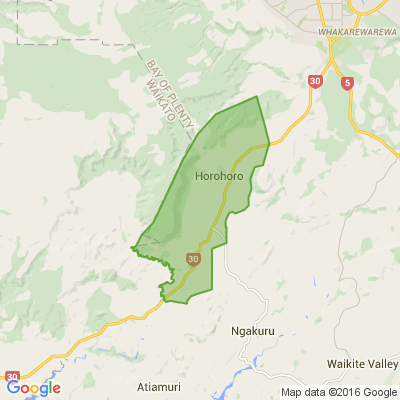
Keep it local
Share any events in your area for your neighbours to enjoy

Thank you for using Neighbourly
You may receive an email confirmation for any offer you selected. The associated companies will contact you directly to activate your requests.
We thought this was amazing. What a great way to teach your children the value of saving and getting them to add up the money is a fun way to do some maths. You could try using different bottles and different coins here in NZ.

Reusable coffee cup manufacturer Biopak has issued a recall for some products, due to the possibility of part of the cup detaching when liquid is present.
The Ministry of Business, Innovation & Employment (MBIE) issued the recall on September 30, advising people to stop using it immediately … View moreReusable coffee cup manufacturer Biopak has issued a recall for some products, due to the possibility of part of the cup detaching when liquid is present.
The Ministry of Business, Innovation & Employment (MBIE) issued the recall on September 30, advising people to stop using it immediately as a user could be burnt or scalded.
What you need to know:
- Contact Biopak or ring 0800 246 725 to get a refund on faulty items.
- The products were sold from January 2013 to September 2020
- All resuable coffee cups (8oz, 12oz, 16oz) in plain green or white should be
returned to Biopak.
- Those with custom names “SexieCoffie”, “Columbit”, “Echo”, “Hedland”, “Crop to Cup” or “Home Grain”. Should be returned immediately.
To find out more about this recall, see the government recall website.

Te Whare Wānanga o Awanuiārangi
Study in the Bay!
Meet Te Rumate Mahutoto who shares “I graduated from Awanuiārangi with a degree accredited by the Teaching Council NZ, benefitting from a teaching team that has taught in early years centres, primary, intermediate and secondary schools, Kura Kaupapa Māori, rūmaki and … View moreStudy in the Bay!
Meet Te Rumate Mahutoto who shares “I graduated from Awanuiārangi with a degree accredited by the Teaching Council NZ, benefitting from a teaching team that has taught in early years centres, primary, intermediate and secondary schools, Kura Kaupapa Māori, rūmaki and bilingual contexts. Teaching is not only about knowledge and skills but the desire to empower potential and make a difference. I am now teaching in a Year 3/4 bilingual class, and I am looking at doing a Master’s programme”
You too can help facilitate the learning journey of future leaders. Study with us in 2021!
Find out more

Nariska from Owhata
Can anyone help!!!
Sadly our landlord has sold our house we called home so my family require a 3 - 4 bedroom home to rent. We have two well behaved outside dogs and two cats. Semi rural would be fine too.
We have awesome references, rent is always paid on time and we take pride of our home in and … View moreCan anyone help!!!
Sadly our landlord has sold our house we called home so my family require a 3 - 4 bedroom home to rent. We have two well behaved outside dogs and two cats. Semi rural would be fine too.
We have awesome references, rent is always paid on time and we take pride of our home in and outside..
If anyone has a home or knows off someone looking for trustworthy, reliable tenants please message me or contact me on 0274858537
Reporter Sunday Star Times
Until the 11th of October, purchase a regional newspaper or the Sunday Star-Times, find the daily code and go into win 1 of 100 medium vegepod and trolley stands. Find out more
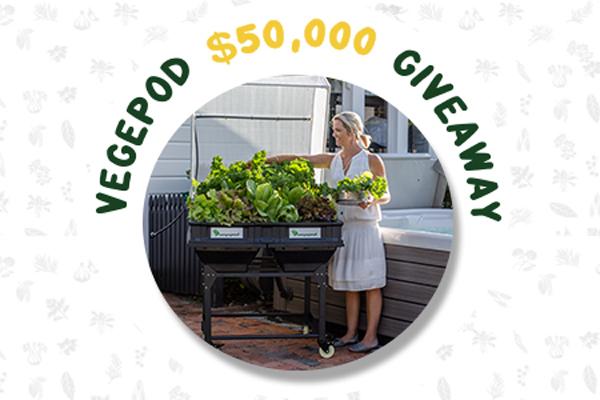
Robert Anderson from Curtain Clean Rotorua
Abaca is a natural leaf fibre that comes from a relative of the banana tree family native to the Philippines that grows throughout tropical regions. It is also called Manilla hemp, though it is not related to actual hemp.
Abaca has great economic importance and is harvested for its strong, … View moreAbaca is a natural leaf fibre that comes from a relative of the banana tree family native to the Philippines that grows throughout tropical regions. It is also called Manilla hemp, though it is not related to actual hemp.
Abaca has great economic importance and is harvested for its strong, versatile fibre. Being regarded as the strongest natural fibres in the world, abaca can be put into various modern sophisticated technologies like the automobile industry and as a raw material for other important industries such as textiles, fashion, and the décor/furnishing industry.
Abaca is commonly used by the paper industry for such specialty uses such as tea bags, banknotes, filter papers and in medical filter sheets. While it is currently used mostly in paper products, abaca has a long history in textiles. Abaca fabric has a stiff quality and holds its structure (it is considered a hard fibre and is comparable in texture to sisal and coir). It has a very long fibre length and is one of the strongest fibres - flexible, durable, and highly resistant to saltwater damage. For these reasons it has been used over time for rope and cording. It can also be woven into home and fashion accessories including wall coverings, rugs, tapestries, and bags. It can be used to make handcrafts such as hats, bags, carpets, clothing, and furniture.
Abaca is generally considered to be a sustainable, environmentally friendly fibre that can empower communities. It has been identified by the United Nations as a “Future Fibre”. That said, not many standards and certifications are used for abaca, so transparency and doing your own due diligence around environmental and social impact are very important when sourcing. The Rainforest Alliance currently certifies some abaca farms.
The harvesting and extraction of fibre from abaca is painstaking process which involves many processes. Stripping and drying of fibres is either done manually or mechanically. After extraction, different grades of fibres are obtained which are then accordingly used for different set of industrial activities.
The world's leading abaca producer is the Philippines. While the crop is also cultivated in other Southeast Asian countries, the second largest producing country is Ecuador, where abaca is grown on large estates and production is increasingly mechanized. Almost all abaca produced is exported, mainly to Europe, Japan, and the USA. Exports from the Philippines are increasingly in the form of pulp rather than raw fibre.
Keep reading: www.curtainclean.co.nz...
Hey neighbours,
In the lead up to the 2020 election, Stuff is keeping voters up to date with what’s happening in their electorate, through Neighbourly. Here’s what you need to know about the candidates in the running to be Hauraki-Waikato's MP.
At the October 17 election, New Zealanders… View moreHey neighbours,
In the lead up to the 2020 election, Stuff is keeping voters up to date with what’s happening in their electorate, through Neighbourly. Here’s what you need to know about the candidates in the running to be Hauraki-Waikato's MP.
At the October 17 election, New Zealanders will have the opportunity to choose their regional spokesperson.
Through the Mixed Member Proportional (MMP) voting system, those enrolled can vote for the party they want as well as a local representative.
Why does my MP matter?
The person elected will be the voice for your region in Parliament. If you’re having trouble getting entitlements or dealing with Government departments, they can help. If your community needs funding for certain projects or activities, or there isn’t enough healthcare in the area, the elected MP can step in and help.
To read more, click here.

Debbie from Rotorua Central
Italian made contemporary lounge suite - can be used as modular corner suite (left or right chaise) or as 2 separate sofas (3.5 seater and 2.5 seater approx). Washable covers and in neutral colour. Debbie 021 810011
Price: $450
Hey neighbours,
In the lead up to the 2020 election, Stuff is keeping voters up to date with what’s happening in their electorate through Neighbourly. Here’s everything you need to know about where to vote on the East Coast.
At the upcoming election on October 17, enrolled voters will have a … View moreHey neighbours,
In the lead up to the 2020 election, Stuff is keeping voters up to date with what’s happening in their electorate through Neighbourly. Here’s everything you need to know about where to vote on the East Coast.
At the upcoming election on October 17, enrolled voters will have a few boxes to tick.
There are two referenda on the cards, as well as the regular party and candidate selections.
Click here for a breakdown of what you’re voting for and where you can vote.

Hey neighbours,
In the lead up to the 2020 election, Stuff is keeping voters up to date with what’s happening in their electorate, through Neighbourly. Here’s what you need to know about the candidates in the running to be East Coast's MP.
At the October 17 election, New Zealanders will … View moreHey neighbours,
In the lead up to the 2020 election, Stuff is keeping voters up to date with what’s happening in their electorate, through Neighbourly. Here’s what you need to know about the candidates in the running to be East Coast's MP.
At the October 17 election, New Zealanders will have the opportunity to choose their regional spokesperson.
Through the Mixed Member Proportional (MMP) voting system, those enrolled can vote for the party they want as well as a local representative.
Why does my MP matter?
The person elected will be the voice for your region in Parliament. If you’re having trouble getting entitlements or dealing with Government departments, they can help. If your community needs funding for certain projects or activities, or there isn’t enough healthcare in the area, the elected MP can step in and help.
To read more, click here.

We know that our team here at NumberWorks'nWords are looking forward to recharging the batteries over the holidays while preparing for more fun with maths and English in Term 4.
We hope you all have a great break, and have the chance to relax and have some fun with your families!

Hey neighbours,
Good news – 2021 is set to be the year of the long weekend.
Five out of 10 public holidays will be Mondayised (or Tuesdayised in one case) next year, which means if you work a standard Monday to Friday week, you can look forward to some extended breaks.
In fact, once … View moreHey neighbours,
Good news – 2021 is set to be the year of the long weekend.
Five out of 10 public holidays will be Mondayised (or Tuesdayised in one case) next year, which means if you work a standard Monday to Friday week, you can look forward to some extended breaks.
In fact, once you’ve tacked on the weekends, you’ll end up getting a whopping 25 days off out of those 10 stat days, plus your region’s anniversary day.
To find out how to get the most out of your annual leave next year, click here.

84 replies (Members only)
The Team from
Hi Neighbours,
Spring is here! Head down to your nearest Red Cross Shop and check out our new season stock!
We can't wait to see you!

Mei Leng Wong Reporter from NZ Gardener & Get Growing
In this week’s issue we say avocados are the fruit we all long to grow. It’s time to plant salad greens in containers, inspire junior gardeners, turn lawns into new garden beds and repot and feed hippeastrums.
We list 10 trees to plant to attract birds to your garden for shelter and a … View moreIn this week’s issue we say avocados are the fruit we all long to grow. It’s time to plant salad greens in containers, inspire junior gardeners, turn lawns into new garden beds and repot and feed hippeastrums.
We list 10 trees to plant to attract birds to your garden for shelter and a year-round food supply. Plus go in the draw for fertiliser and soil enhancer from Fodda and there’s another chance to win Mr Fothergill’s ultimate garden pack.
Delivered every Friday to your email inbox, Get Growing digital magazine offers seasonal gardening advice from the NZ Gardener magazine's team of experts. Each week we answer all your burning questions on raising fruit and veges and tell you the top tasks to do in your backyard this weekend. Subscribe here:

Robert Anderson from Curtain Clean Rotorua
Seam Slippage is one of four key topics (others include Abrasion Resistance, Pilling, and Colourfastness) that we are covering to provide some background as to how we test and why.
Test results provide us with critical information about textile’s durability and suitability for certain … View moreSeam Slippage is one of four key topics (others include Abrasion Resistance, Pilling, and Colourfastness) that we are covering to provide some background as to how we test and why.
Test results provide us with critical information about textile’s durability and suitability for certain applications. We externally test all James Dunlop and Mokum textiles in Melbourne at a highly reputable laboratory who are amongst the most conservative and stringent in the world, due to the extremely harsh environmental conditions we face here in Australia and New Zealand.
We have gathered a number of frequently asked questions relating to seam slippage, so we asked our Mokum Studio designers Stephanie Moffitt and Annie Moir to share their expert knowledge.
Seam slippage is another equally important upholstery test, can you explain what seam slippage actually means?
Seam slippage is the separation or pulling apart of yarns in a fabric usually along a sewn seam or join. More often than not, the yarns don’t actually break they just separate and leave an unsightly gap along the fabric join.
What are the most common causes for seam slippage?
Seam slippage may be the result of a poorly constructed textile and /or the use of defective yarns in the fabric. But more commonly it is due to an inadequate standard of upholstery manufacturing i.e. a display of insufficient seam allowance, a deficient number of stitches in the seam or failure to overlock raw edges during the upholstery process – or a combination of all three factors.
Seam slippage usually occurs on joins that are subjected to heavy load and pressure such as seat cushions and arm rests. Certain furniture styles put more stress on fabric seams such as tub chairs and furniture with a fixed back or seat cushions.
Can composition play a part in seam slippage?
Yes, it can, Linen for example is loved for being a smooth lustrous fibre, but this can make it more susceptible to seam slippage with heavy load. For some linen textiles we would recommend discussing the need for reinforcing upholstery seams with your upholstery manufacturer.
The note “reinforce upholstery seams” is sometimes listed on our sampling specifications – what does it actually mean? Should we assume the fabric is inferior quality?
Firstly, no it doesn’t infer inferior quality. If we’ve specified it as being suitable for upholstery then it is fit for purpose, but we recommend additional seam support for that particular textile.
“Reinforce upholstery seams” simply means using an additional safeguard by stitching a tape along the seam to prevent fraying in high load areas, such as the corner back cushions. Overlocking should be used for loose woven fabric and seated cushion seams.
What’s the remedy for seam slippage? Can you fix it once it starts?
It is difficult to repair seam slippage once it starts. In almost all instances of seam slippage, it will require the furniture to be recovered, or re upholstered. It’s important to ascertain the cause of the seam slippage. If the seam slippage can be identified as being a result of inadequate manufacturing, you’ll need to work with the upholsterer to ensure appropriate manufacturing techniques are being used, including reinforcing seams if required. If the seam slippage is clearly related to the fabric, the furniture would need to be recovered, either from a different batch (if it’s an isolated batch issue) or selecting an alternative fabric which is more suitable for that particular frame.
Can you explain how the seam slippage test is performed?
The test measures how resistant a fabric is to yarns opening/ slipping under pressure along a seam line. Two fabric swatches are sewn together with a standardised seam. The swatches are pulled apart with an equal and opposite force. The test is performed in both warp and weft directions. Any seam opening is then measured while the fabric swatches are being pulled apart. According to the Australian standard, a seam opening should be less than 6mm at maximum force. A lower result indicates a smaller opening and thus a better resistance against seam slippage.
Written by: jamesdunloptextiles.com...
 Loading…
Loading…
Are you sure? Deleting this message permanently removes it from the Neighbourly website.
 Loading…
Loading…
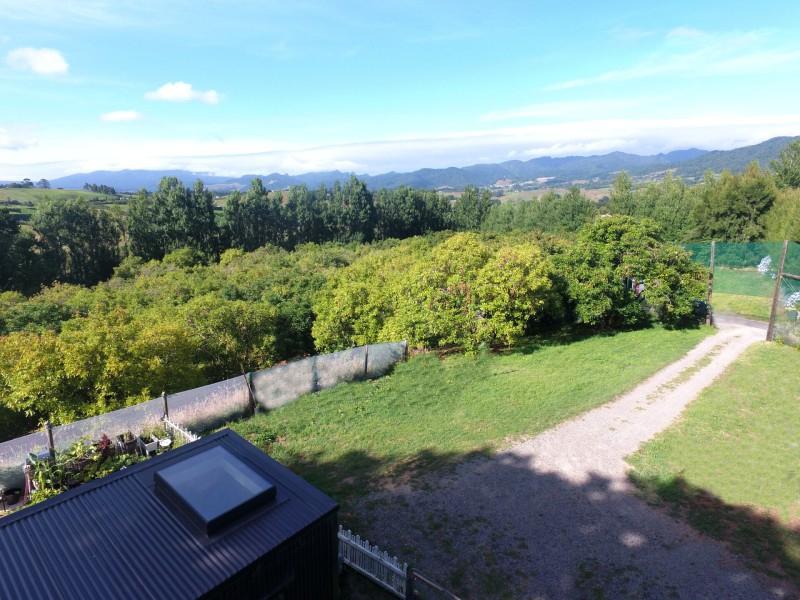
 By Negotiation + GST (if any)
By Negotiation + GST (if any)

 Marketed by Eddie McDermott
Marketed by Eddie McDermott

 Auction
Auction



 Marketed by Matt Stephenson
Marketed by Matt Stephenson
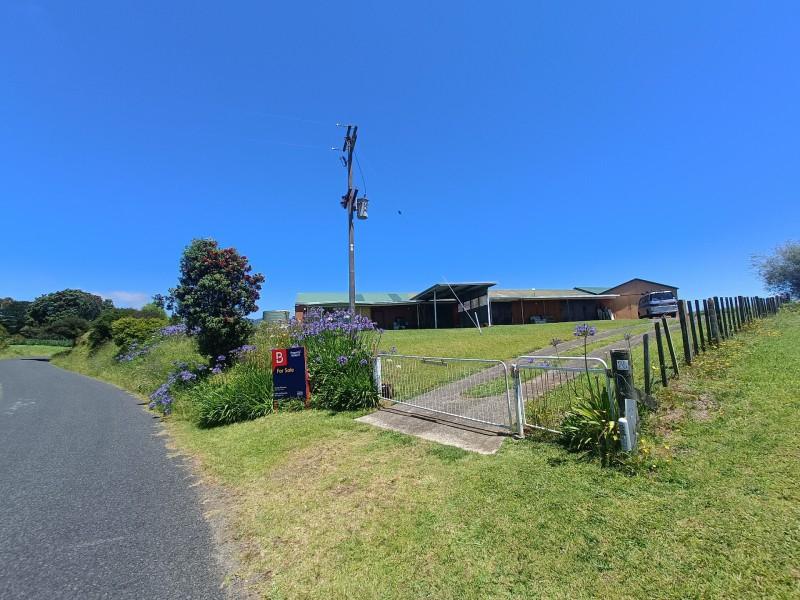
 By Negotiation
By Negotiation

 Marketed by Brooke Woolsey
Marketed by Brooke Woolsey

 Auction
Auction



 Marketed by Michelle Stephenson
Marketed by Michelle Stephenson

 $639,000
$639,000



 Marketed by Michelle Stephenson
Marketed by Michelle Stephenson
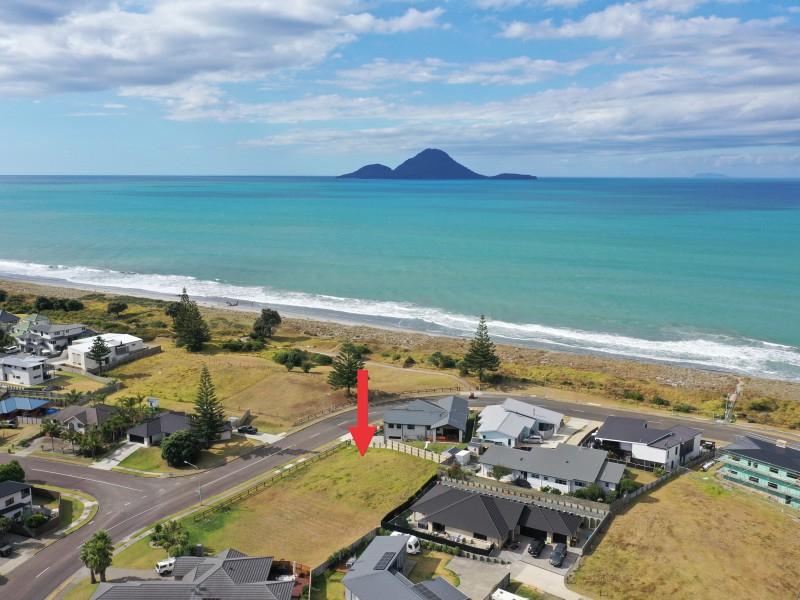
 Auction
Auction

 Marketed by Michelle Stephenson
Marketed by Michelle Stephenson

 Tender
Tender


 Marketed by Jami Botha
Marketed by Jami Botha
© Neighbourly 2025
